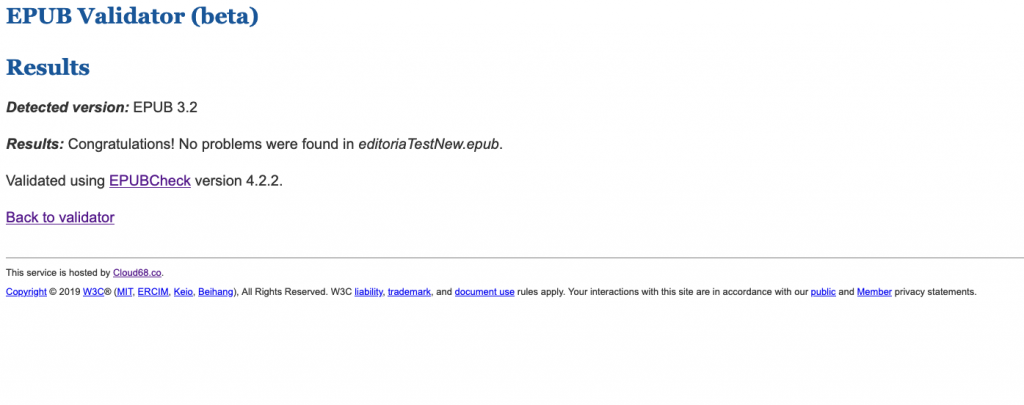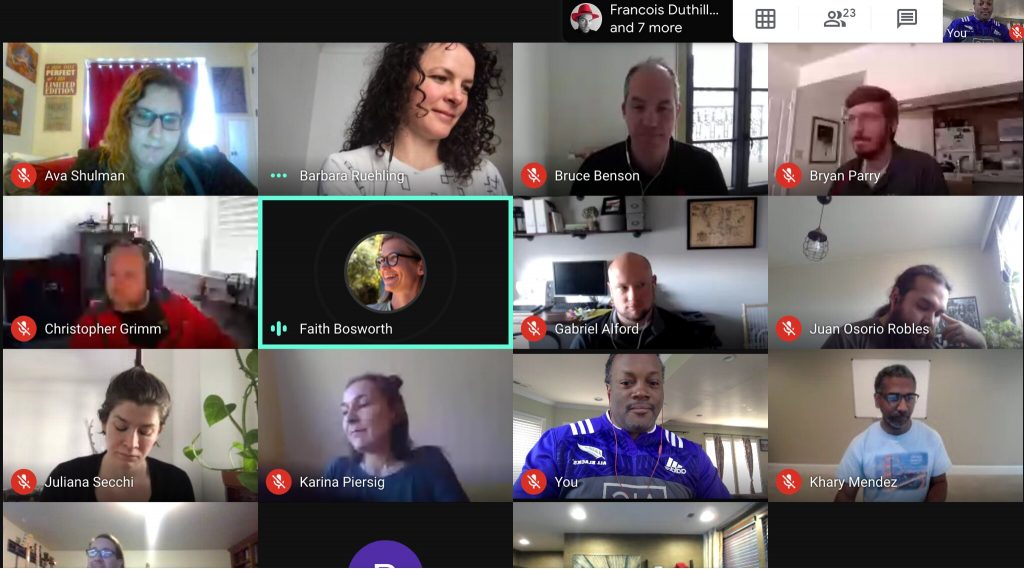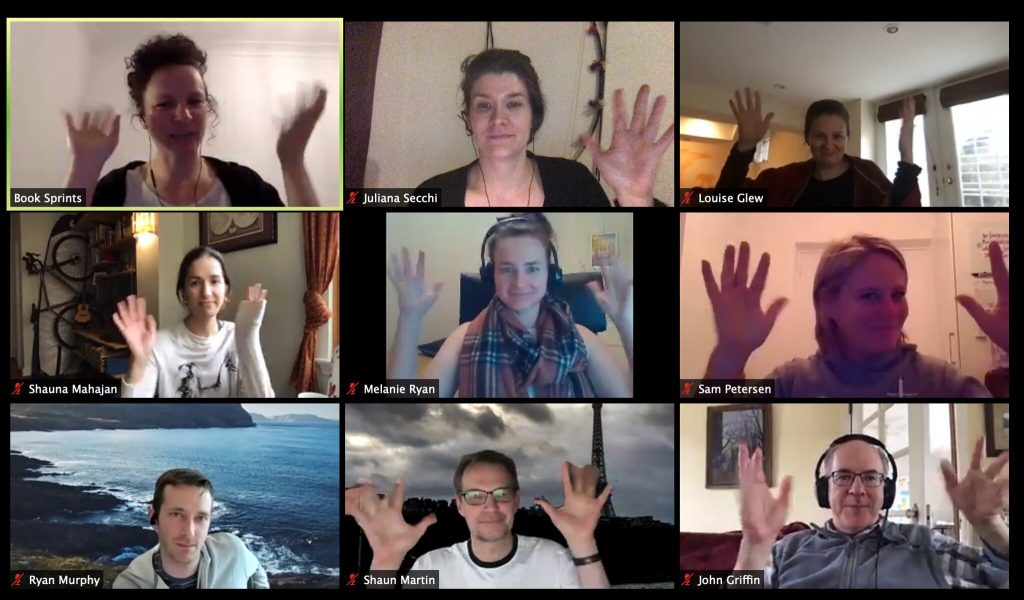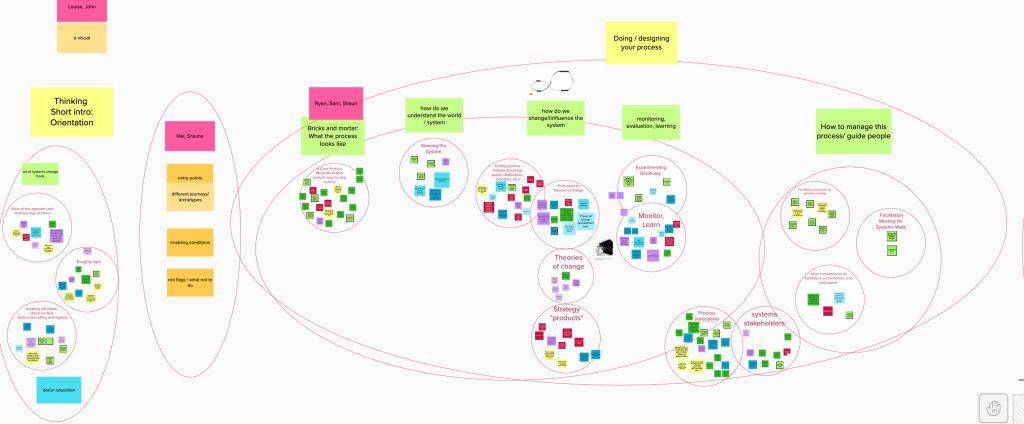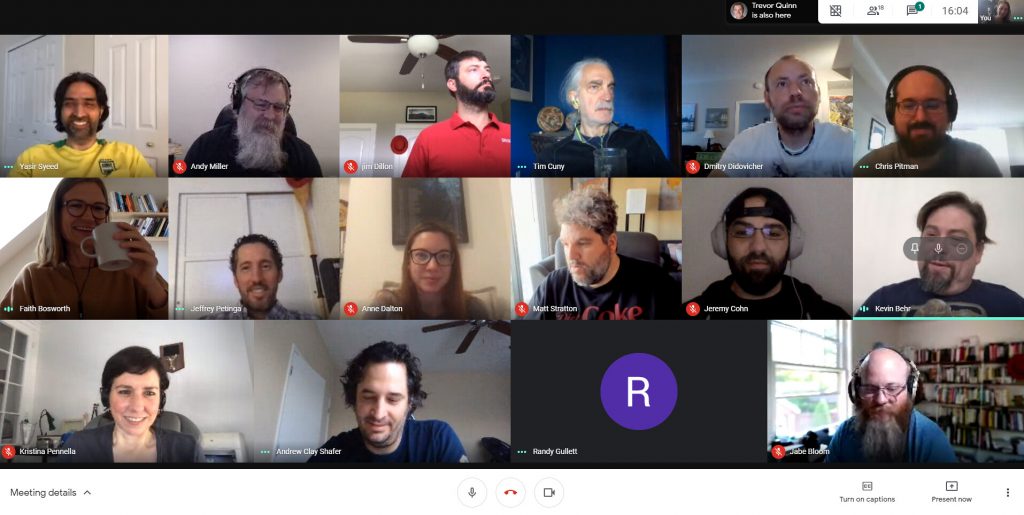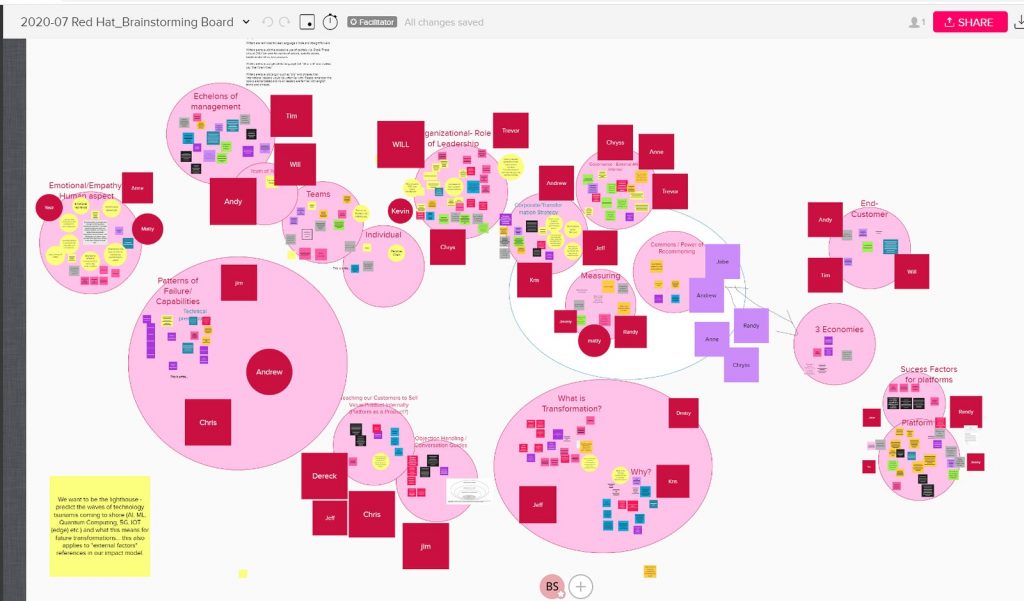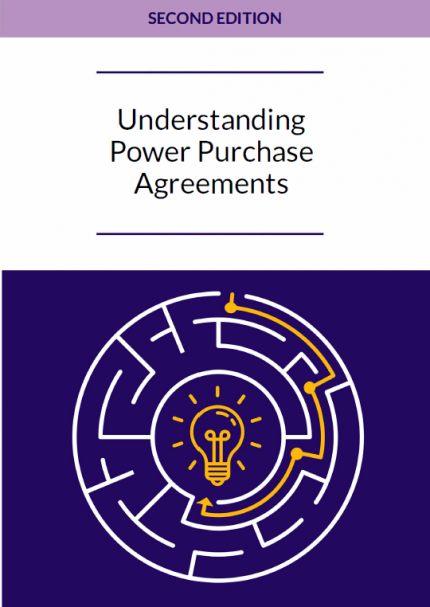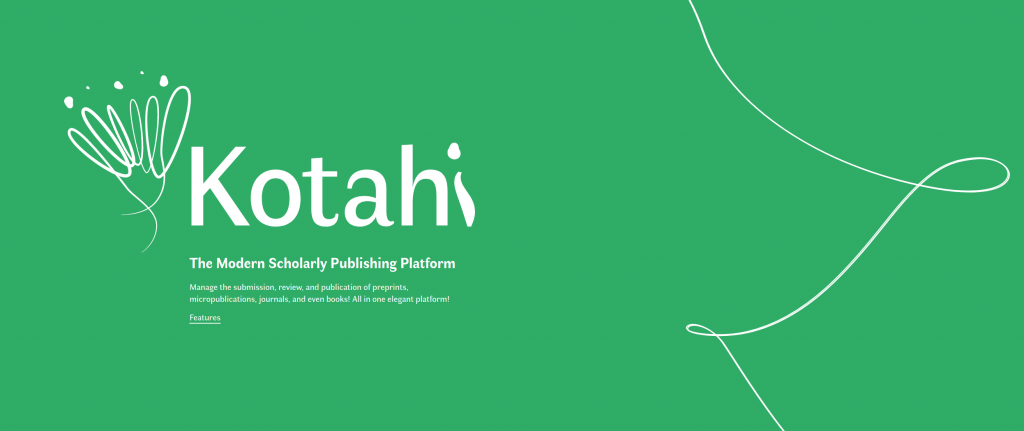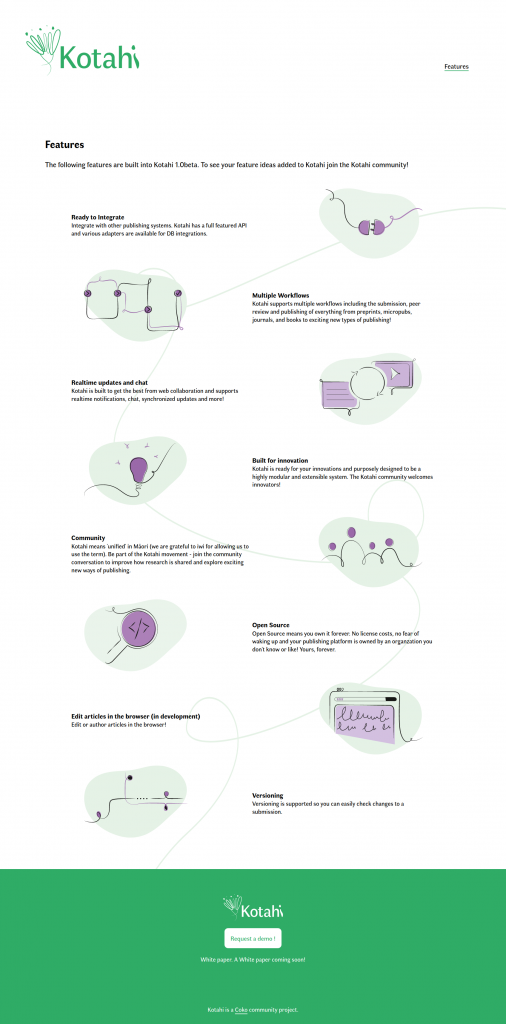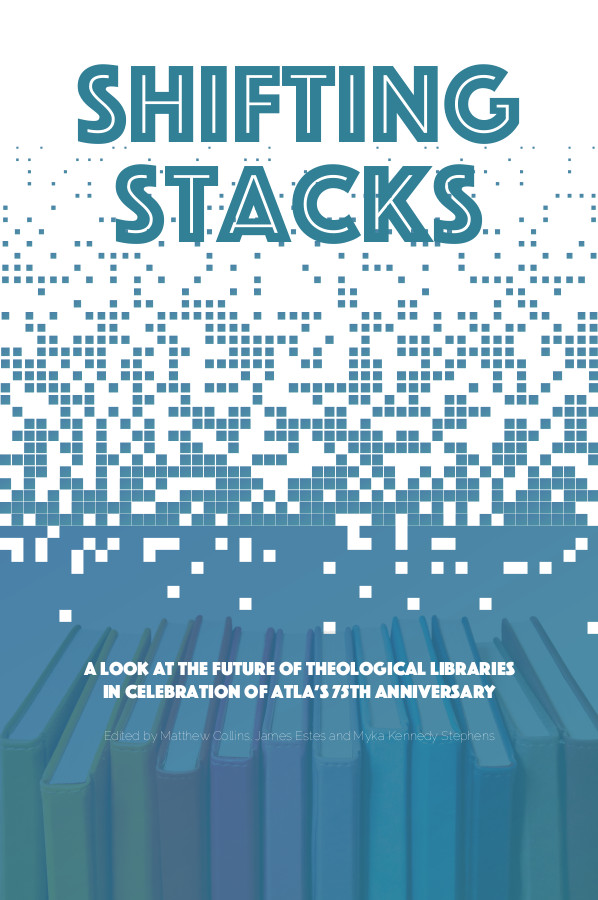Prepping some docs about Workflow Sprints…here are some excerpts…feedback to adam@coko.foundation appreciated!
What is a Workflow Sprint?
A Workflow Sprint is a new methodology for helping organisations understand and optimise their publishing workflows before making technology choices.
Workflow Sprints do this in a series of facilitated sessions that can occur remotely or in real space. The process was developed by Coko Founder Adam Hyde after he witnessed many publishers (or organisations with publishing operations) making these common mistakes:
- Investing in slow and costly ‘requirements research’
- Identifying solutions purely in terms of tool features
When facing the challenge of improving inefficient, dysfunctional, or ‘stitched together’ legacy publishing systems we have seen everything! The most common way to start digging an organisation out of this hole is to hire external consultants, or appoint someone internally, to individually interview a wide spectrum of users, construct hopelessly complicated logical diagrams, and make a long bucket list of features that seem to be missing.
After this long, expensive process the work begins to find a tool builder that can rewrite their offer (in terms of an existing tool, or bespoke development) in the language of your requirements document.
Another common approach is to skip the long requirements stage and adopt a new tool quickly that seems to fulfil at least some of the ‘missing features’ and live with the consequences.
We do not advocate either strategy.
Real, ‘future proofed’ solutions that create measurable efficiencies in publishing processes come from first understanding your publishing workflow, and then designing an optimised workflow. Only then can we understand what tools may be required to get you from where you are now to where you want to be.
In other words, process optimisation is not a tool-first process. It must be a workflow-first process. Technology should be a servant to workflow, not the other way around. You must understand the workflow you want in order to understand the tools you need.
A Workflow Sprint is a rapid, cost effective way to help your organisation design better publishing workflows and make sound technology choices.

